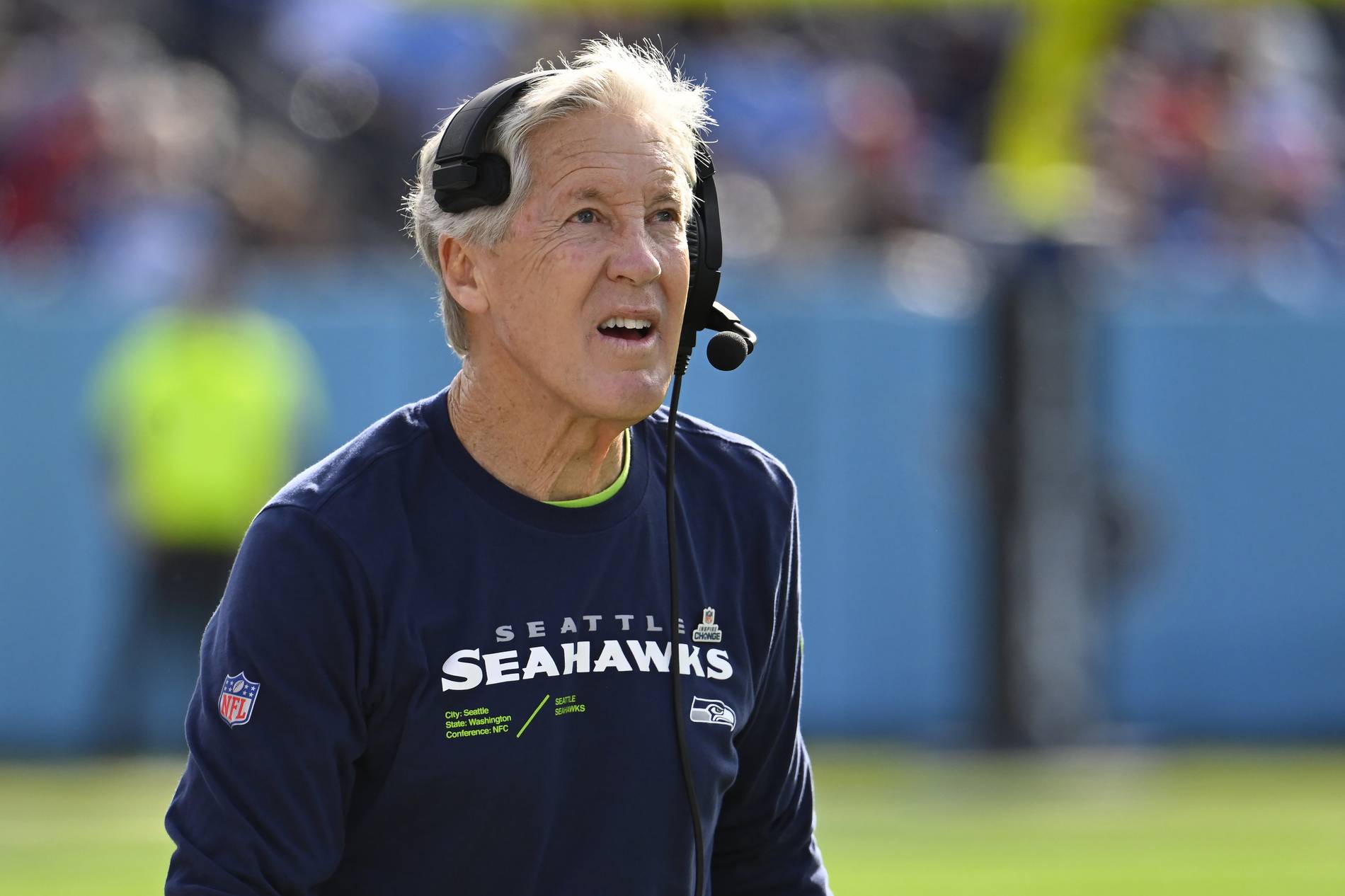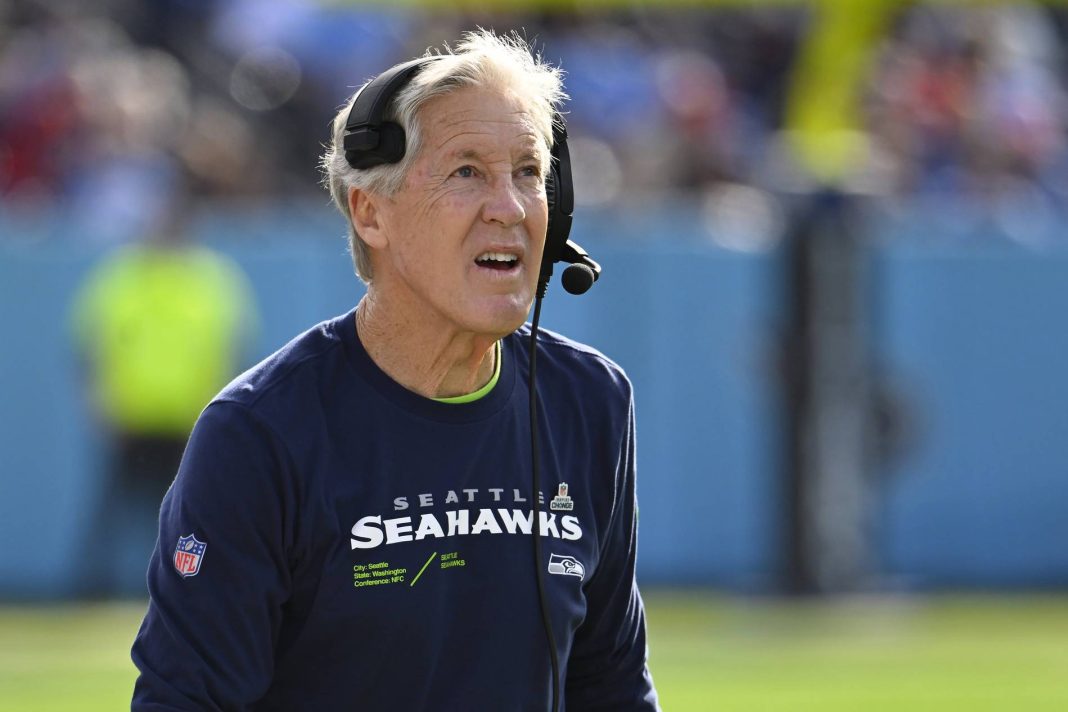
The Seattle Seahawks, a National Football League (NFL) team, may be up for sale in the near future. Since the death of former owner Paul Allen in 2018, the team has been controlled by a trust managed by Allen’s sister, Jody. The trust’s plan is to eventually sell the team and donate the proceeds to charity, but there is no set timeline for when this will happen.
The main reason for the delay in selling the Seahawks, and potentially other NFL teams, is the continuously rising valuations of NFL franchises. According to sports consultant Marc Ganis, the league’s media rights deal, expansion, and the addition of games will lead to further increases in team values. Ganis advises NFL Commissioner Roger Goodell and league owners and believes that the NFL is still in a growth phase in terms of appreciation and net revenue.
Currently, the average NFL team is worth $6.49 billion, with no team valued at less than $5.25 billion. In fact, seven of the last ten NFL teams to be sold have outperformed the S&P 500 on a percentage-gained basis since the sale. This demonstrates the massive returns that owners can expect from investing in NFL teams.
The league’s revenue growth is driven by leaguewide media, sponsorship, and licensing deals, which are split among all 32 teams. In 2023, the average NFL franchise had $640 million in revenue and $127 million in operating income. The NFL’s new media rights deal, worth over $110 billion and running through 2033, provides another opportunity for owners to cash in. The league can opt out of all packages except Disney’s after the 2028-2029 season, potentially leading to even higher valuations with bids from tech giants like Amazon, Netflix, and YouTube.
TV ratings for NFL games continue to increase, with the 2023-24 season seeing a 7% jump compared to the previous year. This growth in viewership makes the NFL an attractive platform for advertisers, further contributing to the league’s value. Neal Pilson, former president of CBS Sports, emphasizes the NFL’s status as the largest and most valuable audience in the U.S. for advertisers.
The addition of an 18th regular-season game and the NFL’s interest in expanding internationally through games in Spain, Germany, and Brazil are expected to boost league revenue and increase valuations even further. Ganis believes that the NFL has barely scratched the surface when it comes to international revenues.
Despite the potential for massive returns, NFL team sales are relatively infrequent, occurring about once every 3½ years. Sales are typically driven by death or scandal. The most recent sale was that of the Washington Commanders in 2023, following allegations of sexual harassment and a toxic workplace. Billionaire businessman Josh Harris bought the team for a record $6 billion. Each of the last four NFL team sales has set a new record, highlighting the significant increase in team valuations.
The NFL prefers long-term ownership to ensure consistent decision-making. Estate planning has modernized, leading to more family handoffs of teams from one generation to another. The NFL now requires every team to have a written succession plan in case of the owner’s death. This has resulted in fewer full-franchise sales.
To address limited franchise turnover and soaring valuations, the NFL has recently allowed select private equity firms to buy up to a 10% stake in a team. This move aims to increase liquidity and provide more options for potential buyers. Firms like Ares Management, Sixth Street Partners, and Arctos Partners have been approved to invest, with more likely to be added to the list. However, the NFL remains cautious and limits ownership to 10% to maintain the league’s unique culture and prevent drastic changes.
While the introduction of private equity ownership offers more opportunities for investment, the NFL’s restrictions may deter some buyers. Private equity managers typically benefit from carry, the profit kept after hitting return thresholds. The NFL intends to take a percentage of the carry, potentially reducing the incentive for private equity firms to invest in NFL teams. Additionally, the NFL does not plan to grant governance rights to private equity firms at this time.
In conclusion, the rising valuations of NFL teams, driven by media rights deals, expansion, and international growth, have led to limited franchise turnover. The league’s continuous growth and potential for massive returns make it an attractive investment. However, the NFL’s cautious approach to private equity ownership and restrictions on ownership percentages may influence buyer interest. Overall, the future of NFL team sales remains uncertain, but the potential for high valuations and returns is evident.


